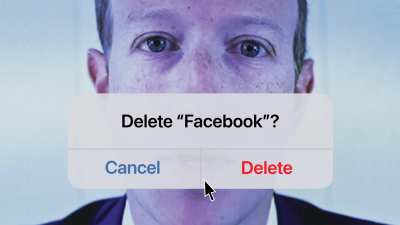
Big Think, Nirit Weiss-Blatt, 4 Oct 2022: Bombastic eulogies: Let’s put an end to cynical “The End of” headlines.
Subtitled: “We can never hope for a future with no problems. The solutions to problems create new problems, which in turn require new solutions, as WIRED founder Kevin Kelly explained recently.”
My impression of this site, Big Think, is that it presents decent articles about science and technology that summarize issues that most people may not have thought about, but which are really nothing new. While the subtitle is certainly true enough (as I said in #10, there will always be change, always something that some people will complain about — the ultimate dynamic of human history), the underappreciated point here is that the media, journalism, by its very nature wants to emphasize things that change or might change or that are novel, and are not necessarily being alarmist or dishonest. You learn to glaze over pieces like this, or take them with a grain of salt.
We can never hope for a future with no problems. The solutions to problems create new problems, which in turn require new solutions, as WIRED founder Kevin Kelly explained recently. This has been true since the dawn of humankind, and it’s true of technology today. The solution is not less technology but rather more and better technology.
\
And the video is here: Kevin Kelly on “How we build the future” about “why progress often looks like dystopia to the untrained eye.”
Imagine that tomorrow, the world magically got 1% better. Nobody would notice. But if the world got 1% better every year, the “compounding” effect would be very noticeable — in the same way that compounding grows a bank account.
When technology solves a problem, it creates new problems. The solution is not less technology but better technology.
Kevin Kelly of WIRED magazine calls this incremental progress toward a better world “protopia.” Protopia is a direction, not a destiny.





